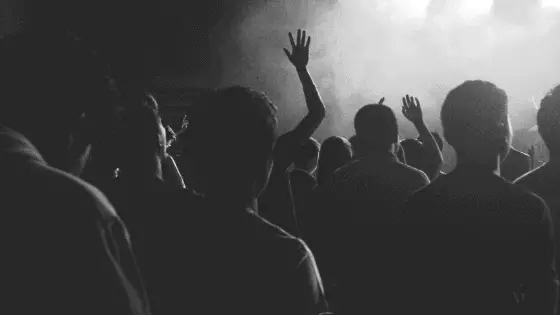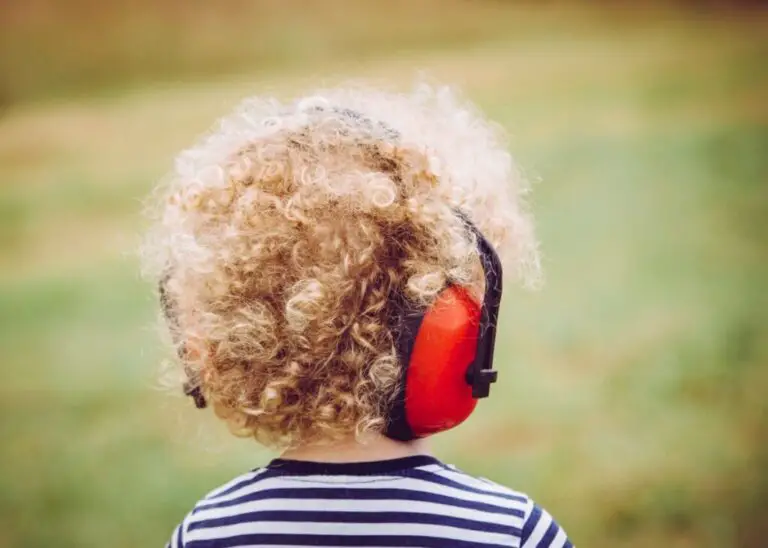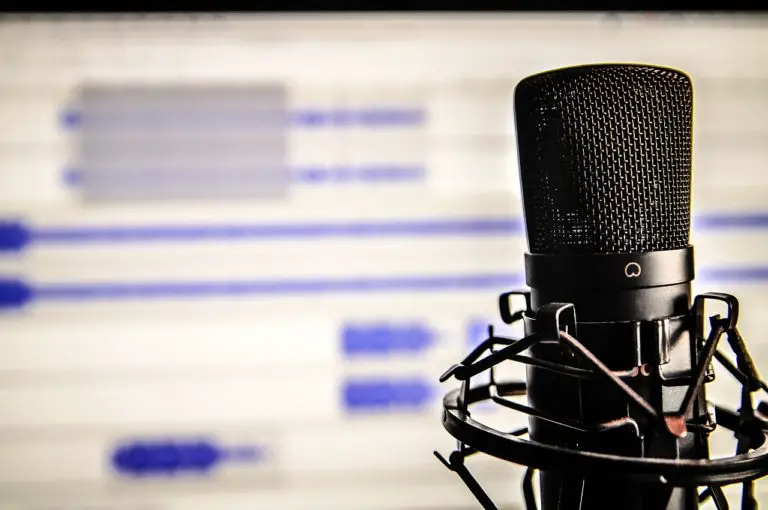Why Does Singing Sound So Different Live from Studio?
Have you ever picked up an excellent band, only to find them to sound completely different during a live performance? I’ve been there. Sometimes, it isn’t pretty. In a few cases, It can cause you to ask how long this band is going to last.
Why Does Singing Sound So Different Live from Studio? Energy is a big difference; singing by yourself is a lot different from singing in front of an audience. There are also different vocal techniques when comparing live and studio work. Also, people tend to have more practice in professional or home-based studios.
Below, we will be going into some further details on the answer to this question. Read on if you have ever been curious, and you would like some real answers to this question.
Different Energy
I like to sing in the shower. If you are part of that select group of people, leave a comment below.
You may ask what that has to do with live versus studio performances. This point brings us to one of the main differences: energy. Imagine going to a Cannibal Corpse show that does not involve a mosh pit of some sort. Bands feed off of that energy and use it to psych themselves up.
This energy is difficult to find in the studio. It has to come entirely from the artist. Even the most experienced musicians find it difficult to connect the two experiences.
Some musicians want their albums to be a different experience. It goes double for performers who have aged with their music. Rob Zombie today sounded utterly different from Rob Zombie 20 years ago. Do not expect a 2020 performance of Dragula to look like the 1998 equivalent.
Also, singing live feels a bit more natural for performers. As a result, many of the techniques they use to tweak their vocals in the studio aren’t applicable. For some people, this is an experience ruiner.
Techniques For Studio Performances
When comparing live performance to studio recordings, one must consider the techniques needed to perfect both. A musician’s process for reaching an optimum performance can have some crossover with live versus studio recordings. But the amount of control that you have over the studio far exceeds live.
Below, we will list a few steps that can improve your studio performance.
- Balance your headset so you can hear the track and your voice.
- Book a time in the studio where you have the most energy.
- Rest your voice before recording.
- Try not to focus too much on the imperfections of your voice.
- Set up a home studio for practice.
Techniques For Live Performances
You may notice that there are a few things in our prior list that apply to live performances. For example, resting your voice and audio balancing are both things one needs to do at live performances. The practice is something that varies a bit.
Below, we will provide you a list of different techniques that are specific to live performances.
- Build your confidence before starting the live performance.
- Practice your body language.
- Be especially aware of the position of your mic.
- Feed into and draw from the emotion of the crowd.
- Try and establish eye contact with the crowd.
Where Do I Practice Playing Live Music?
We’ve discussed the importance of practice to some degree here. “Studio practice” is easy enough; you need to find a quiet room to plug in an at-home studio. But what about live performances?
Finding out if you are ready for a live performance is tricky. Without the practice, you risk blowing your first real gig. So do not be afraid of playing for informal parties. In this case, making a mistake is not the end of the world.
You can even offer to give an impromptu concert to a group of friends. Invite them over for a beer or two and have them listen to your music. Don’t be afraid to ask. Bands need to have the courage to put themselves out there.
Also, if you happen to be the frontrunner of a band doing this, get ready for the critics. Nobody has ever done any public performance without receiving some negative response.
What About the Audio Guy?
Many musicians have an audio guy for live performances. This sound guy handles all of the balances between different instruments. As I have seen during indie performances, the vocalist tends to have to blow up his vocal cords with a lousy audio guy.
When you go to a studio, you might be dealing with a different audio guy. Each one may have a unique set of circumstances to make sure the audio works with their techniques.
It can also be for the safety of the equipment, as some vocalists can damage microphones. The late Chris Cornell, known from bands Audioslave and Soundgarden, destroyed five mics during a series of recording sessions.
Conclusion
Whether it be related to energy, location, or technique, it is clear that live and studio performances are very different. Some people are willing to tolerate it while others do not. Whether you run a band or are a band, there are many things to keep in mind when making this comparison.
Leave a comment behind if you have a personal experience or unique perspective on live vs. studio performances. You can also check out some of our other newly posted content.









